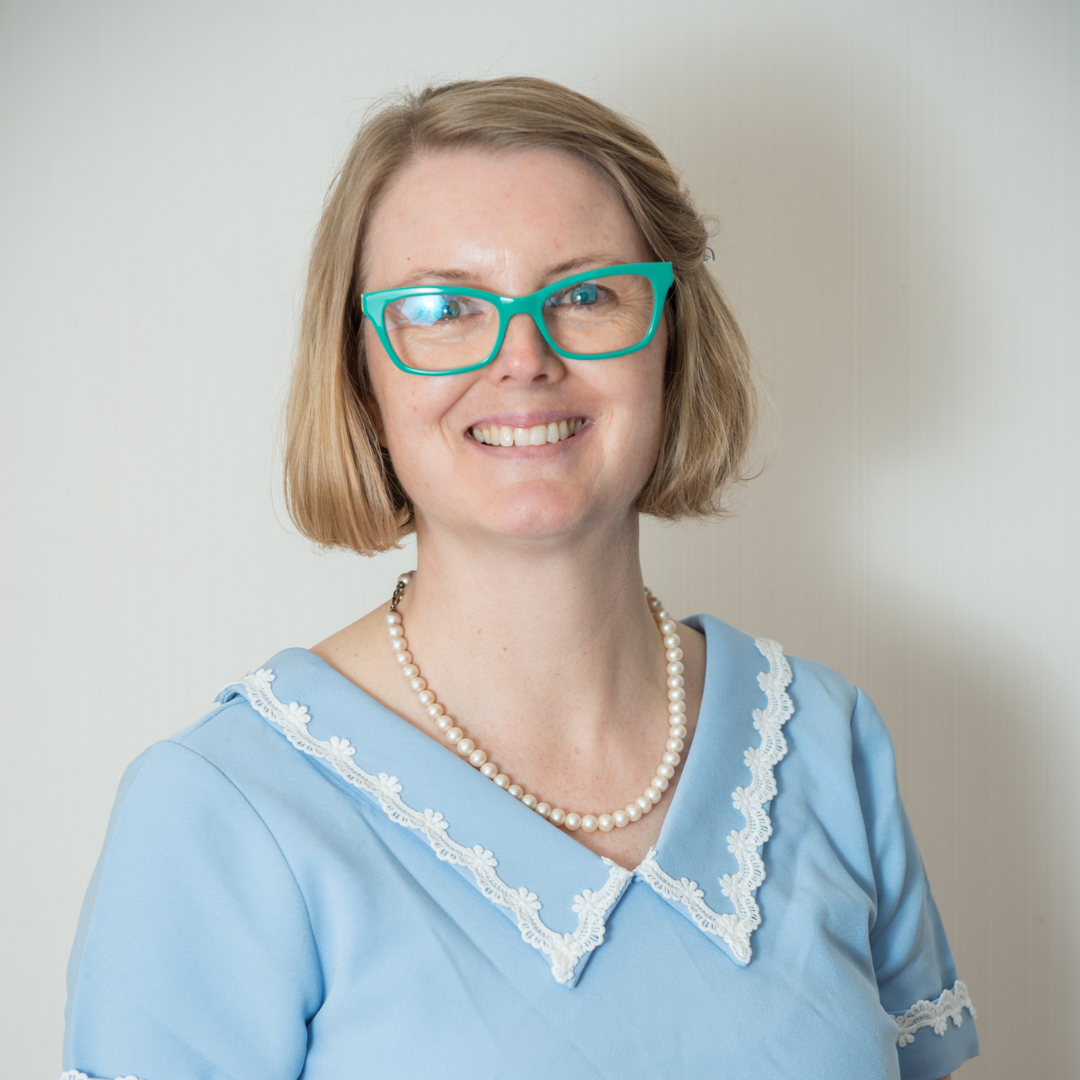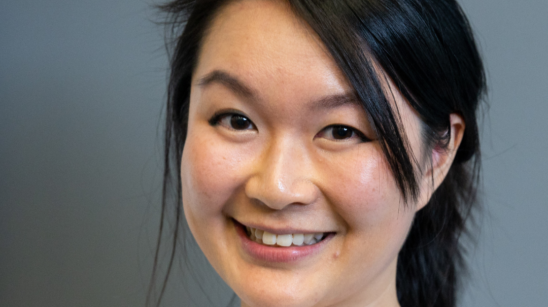
If you’ve ever wondered how we know that 1 in 7 New Zealanders has a respiratory disease, or that 350,000 school days were missed due to asthma, then researcher Lucy Telfar -Barnard can give you the answer.
Lucy is a senior research fellow at the University of Otago’s Department of Public Health. She has been the lead author on the Foundation’s Impact of Respiratory Disease report since 2014. This report presents an important picture of the current state of key respiratory diseases like asthma, COPD and bronchiectasis in New Zealand, and how this is changing over time.
Lucy’s background is in epidemiology, the study of the spread of disease across populations. In simple terms, Lucy explains she can predict how likely you are to get a respiratory illness, but not if you actually have one.
She is motivated in her research by both a desire to make a difference to people’s health and by scientific curiosity. “I like to be presented with a puzzle and find an answer,” she explains.
The last impact report, delivered in 2020 provided some potential answers to the longstanding question of how to reduce the rates of respiratory disease. “For many years, the trends in the report hadn’t changed much. But in that last report, the impact of COVID-19 protection measures drove a marked decrease in the rates of respiratory disease. It’s important that we learn from that experience and think about what practical, sustainable things we can continue to do to keep the rates of respiratory disease down,” she says.
Lucy explains that one area where practical solutions can be focused is air quality. She is currently involved in work advocating for better ventilation to stop the spread of disease. “People became more aware of the need for better indoor air flow because of how COVID-19 spread, but this applies to all infectious diseases, many of which are respiratory viruses. I think as this is better understood, the public will start demanding better ventilation standards in public buildings, schools and homes,” she says.
Another lesson to take from COVID-19 is the concept of flattening the curve. “We need to apply this thinking to seasonal respiratory illnesses by taking early preventative measures to avoid overwhelming hospitals and GPs in winter,” she explains. “COVID has thrown the usual patterns of seasonal illnesses out, at least in the short term, so we need to be alert to typical ‘winter’ infections, outside of the winter period.”
Lucy’s current research is looking at how New Zealand measures up to World Health Organisation guidelines on healthy homes. She is also preparing for the next update on Impact of Respiratory Disease in New Zealand report which is due out later this year.




